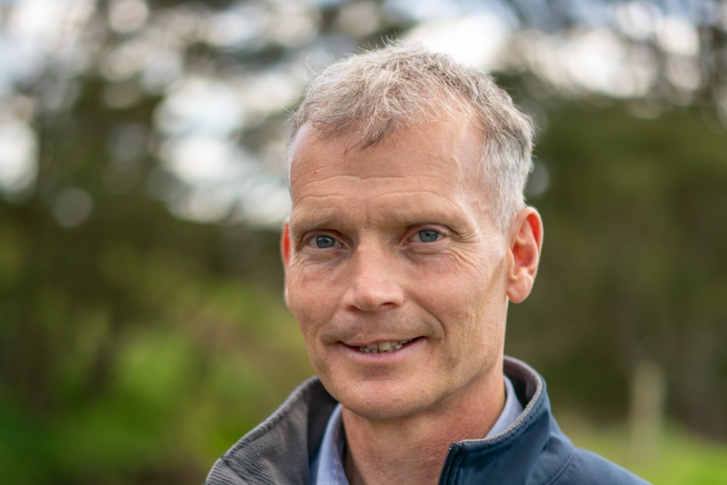A marae, a brewery, and NIWA’s Northland Marine Research Centre at Ruakākā were all on the agenda for Blake Freshwater Ambassadors Shannon Bentley and Spencer Potbury.
It was all part of the students' two-week internship at NIWA in Hamilton under the guidance of Principal Scientist for Aquatic Pollution, Rupert Craggs.
Bentley is a recent MSc graduate from Victoria University, she has researched the restoration of natural wetlands.
At the Ruakākā facility, she was able to study systems designed to grow seaweed which can remove nutrients from effluent produced by kingfish aquaculture.
“I saw how algae can strip excess nutrients from the effluent prior to discharge to the sea,” said Bentley who helped with the experiments on fine-tuning algal growth.
“I also helped transfer the kingfish between tanks for another experiment at the Ruakākā site which was a change in focus from my internship.”
Spencer Potbury is studying for a Bachelor of Advanced Science (Hons) at the University of Auckland.
At Ruakāka, he learned about an Endeavour Fund research programme which aims to halve rural and Māori community wastewater treatment costs.
NIWA has partnered with iwi and rural communities to progress the research.
Potbury was excited to learn about how to adapt a wastewater treatment system based on the needs of mana whenua.
“This further strengthened my belief in engaging in innovative science.”
Rupert Craggs said many rural village halls and marae do not have sufficient capacity in their wastewater treatment systems for larger meetings.
“We’re co-developing eco-cultural wastewater treatment technologies that incorporate mātauranga and cutting-edge science.”
Potbury and Bentley also participated in a consultancy project between NIWA and the Sawmill Brewery in Matakana.
The project involves designing an environmentally friendly treatment system for the wastewater created by the brewery.
Craggs said one part of the treatment process involves research into a covered anaerobic pond.
“This pond removes organic material by converting it into methane, which is captured under the pond cover.
“Over time the brewery will be able to reduce the amount of LPG it uses by replacing some of it with the methane from the covered anaerobic pond.
“There’s a second part to the project,” adds Craggs, “to use wetlands to reduce nutrients (from the brewery wastewater) before disposing it onto the land.”
The visit to the brewery by Potbury and Bentley was particularly special as Sawmill Brewery is a major sponsor of the Sir Peter Blake Trust and it brews a speciality “Blake IPA” beer.
“It was inspiring to see science in action. I witnessed water purification with my own eyes; as the algae grew, it was sucking nutrients from the polluted water,” said Bentley.
“Every time we harvested the algae, we were leaving room for more algae to grow and more nutrients to be removed from the water.
“It is amazing how natural biological processes are the solutions to so many of our problems.”


